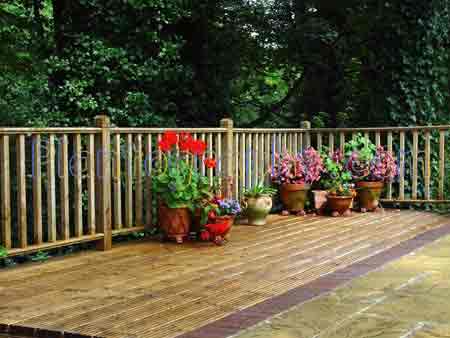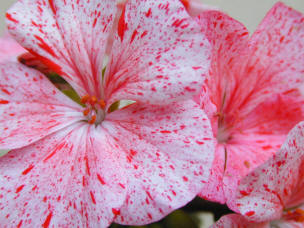How to Grow Plants - Healthy Plants Care
It is easy to forget - or not realise - that plants are living things. As such, they have specific care requirements - just the same as us humans - to grow properly!
In order to grow healthy plants in your garden - or in your house - you need to fulfil just a few requirements that plants require in order to remain in good condition.
In their native habitat, most plants remain healthy for most of the time. They tend to thrive in their own eco-systems, and live where they are best suited. For instance, bog plants do not live in deserts, and nor do Rhododendrons live naturally where there is a high soil alkalinity.
Give your plant its optimum growing conditions and the likelihood is that it will grow and remain healthy. The optimum conditions for plants to grow well, will include an adequate supply of nutrients, water, air, and light. They will also need to be planted in a suitable position, in suitable soil.
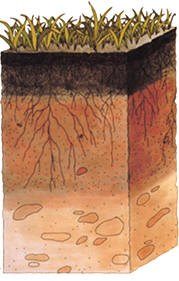 Soil and Growing Healthy Plants.
Soil and Growing Healthy Plants.
Most plants will grow in any soil! Very few gardeners take note of the soil type or soil conditions before buying and subsequently planting their plants. Most gardeners will have used the same soil from previous years in planted containers. This is testament to how adaptable plants actually are.
Plants can grow quite successfully without soil. For instance, Hydroponics is the method where no soil is used. Plants are either grown in an inert 'anchoring' medium, or suspended in a solution containing all the food they need for healthy growth. In this article, we simply cover the aspects of how to grow plants in the garden. Soil is a normal requirement, and will have to be treated with respect if we are to grow healthy plants.
In natural conditions, plants grow, shed leaves and branches and eventually die, and all is returned back to the soil. Add to this, the fact that there are thousands of insects or other organisms present in natural soil - and garden soil - that regularly contribute to the health of the soil by way of emitting their waste into or on the soil, then eventually dying and being returned to the soil.
A good soil basically depends upon living things for sustainability. Plant roots, insects, bacteria and all manner of living organisms depend upon the soil, which in turn depends upon them. Once this 'eco-life'- is depleted and the organic matter is no longer available, the soil dies and simply becomes a mixture of rocks, pebbles, gravels and sand! In that state it cannot grow plants such as we are interested in for the scope of this article. In reality thee will still be plants that can adapt to these conditions and live.
The image cutaway shows a typical garden soil profile.
- Topsoil. The top dark layer is the topsoil. This is the soil layer in which the plant gets most of its nutrients. The depth of the topsoil can be anything from just a few inches to afoot or more. The health of the topsoil determines the health of the garden plant to a large degree. The roots that frequent this area, are normally fibrous with millions of invisible root hairs which are responsible for the uptake of nutrients and minerals. The topsoil layer is where the nutrients are to be found - either as a result of fertilising, or organic care.
- Subsoil. Subsoil is normally lighter in colour and contains very little organic matter - though it often contains nutrients that have leached down from the topsoil layer. the roots of the plant in this area are usually for supporting the plant. These roots are also instrumental in seeking out water from the lower water table area.
- Bed Rock. Basically the bedrock layer does little to support plant life. But, it determines - to a large extent - the type of soil above. Clay, silt, sandy, acidic, alkaline etc. This layer is normally out of reach for normal gardening cultivations. It cannot be altered as can the topsoil or even subsoil. That is why it is difficult to alter a clay soil, or an alkaline soil.
Many things can be done to improve the topsoil health. Simply adding fertiliser, is not the answer. In this case the soil layer is a holding area for the nutrients you apply. If you want to improve your topsoil - advisable - then emulate nature. Apply organic matter regularly.
Nutrients to Make Your Plant Grow.
A good supply of suitable nutrient is absolutely essential for plant growth. The main food requirements for a health plant, are Nitrogen (N), Phosphorous (P) and Potassium - Potash (K). You will (should) see the symbols 'N-P-K' on any fertiliser pack you buy. There may also be other chemical symbols. The symbols 'N-15 : P-15 K:15' would tell you that it is a general balanced fertiliser for most plants. It has equal parts of the essential elements NPK, and would be a good general fertiliser - if needed!
- N - Nitrogen is instrumental in the growth of the green parts of plants - foliage in particular. It is easily leached out of the soil by rain or watering action.
- P - Phosphorous is a essential for general strength of the plant, and also promotes good root, flower and fruit growth. It also helps the immune system of the plant to combat diseases. (Not pests!)
- K - Potassium - Potash helps root growth, and also helps the plant in drought conditions. Also instrumental in overall plant sturdiness.
Don't rush out and grab a general fertiliser and start throwing it about! It may well be that your garden is only lacking in one of the chemical elements, so possibly a fertiliser with an analysis of N-15: P-6: K-3 would be better for a garden lacking in Nitrogen! (Or for feeding Lawns, and leaf vegetables - as these would require higher concentration of Nitrogen for foliage growth!) Soil testing - with a cheap kit from the garden centre - would be wise - especially for those lacking in garden experience!
As well as these essentials, which are required in quite high doses. There are a multitude of other chemicals (trace elements) which the plant needs - but to a lesser degree - than the main 3. Trace elements are normal found in sufficient quantities in most garden soils.
Insofar as the organic or synthetic argument is concerned. Organic manures of feeds provide food to the plant with the same chemicals - N P K! All feeds have to be broken down for these vital resources to be available to the plant! Organic feeds provide the same chemicals as normal fertilisers!
As was mentioned above, plants can be grown without soil - though not really in a general garden situation. The essentials for food can be artificially provided. Whilst plants can be made to grow without soil, one thing they cannot do without is.........
Water - Essential to help Plants to Grow.
Plants consist of approximately 93% water. So, incidentally, do we! Every living cell of plants (or humans) needs water to live. Without water, we dehydrate and plants wilt!
Best Selling Gardening Products
Popular Gardening Sections
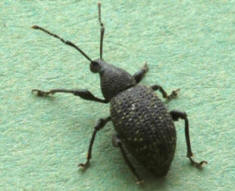
Problems
Identify Weeds in The Garden - How to deal with weeds. Diseases and Pest which harm your garden and plants, learn how to prevent, deter and erradicate your garden problems.
Garden Problems
Pruning
Pruning Guide. Shrubs flower better with correct pruning. Many illustrations and examples of what to do - and when. Includes evergreens, roses, flowering shrubs, spring flowering shrubs and pruning for stem effect. This is our most viewed and comprehensive section,
Pruning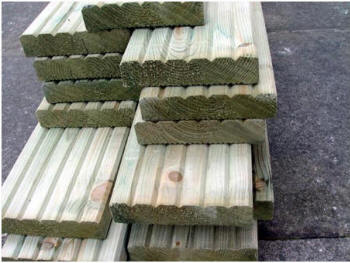
Gardening Businesses
Gardening Businesses listed in the UK counties and USA states. County and State Listings of businesses involved in Garden supplies and services. If you wish to be added to the Directory, please send us your information. Having problems, use the search box
Businesses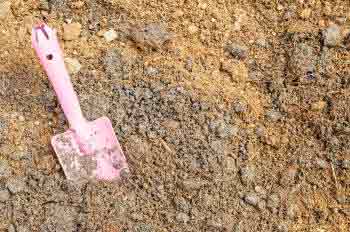
Gardening
In this section you will learn about Gardening Basics, Containers, Landscaping, Propagation and Soil.
Gardening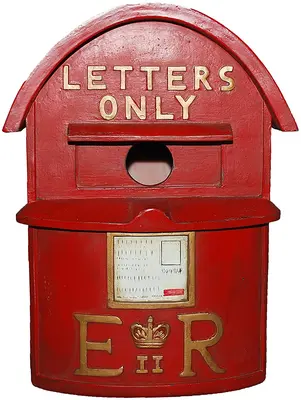
Gardening Gifts
Gardening Gifts and Reviews, Read Before you Buy
- Gardening Gifts Ideas
- Gifts For Her
- Gifts For Men
- Power Tool Gifts
- Cheap Gifts
- Personalised Gifts
- Wildlife Gifts
- Family Gifts

